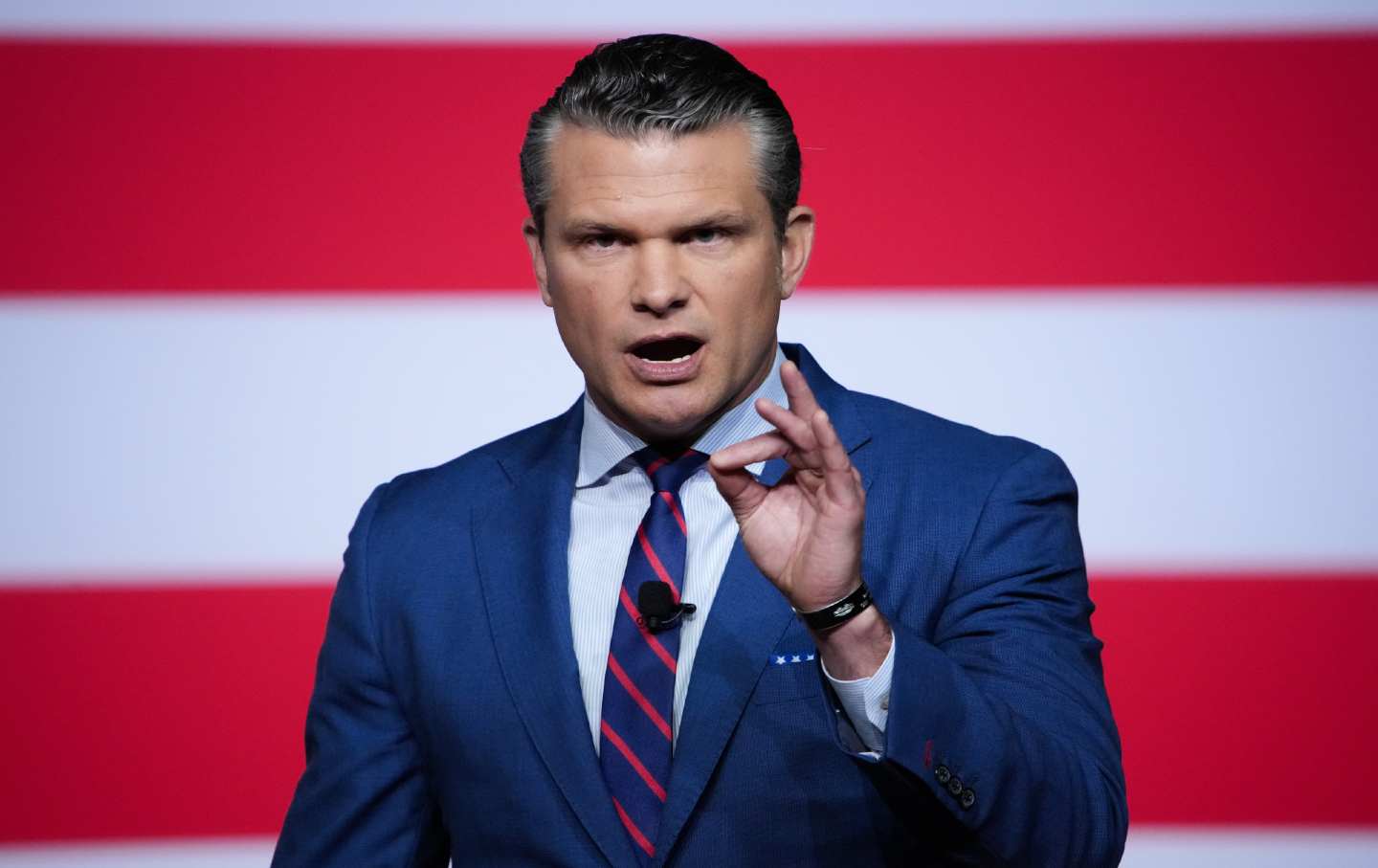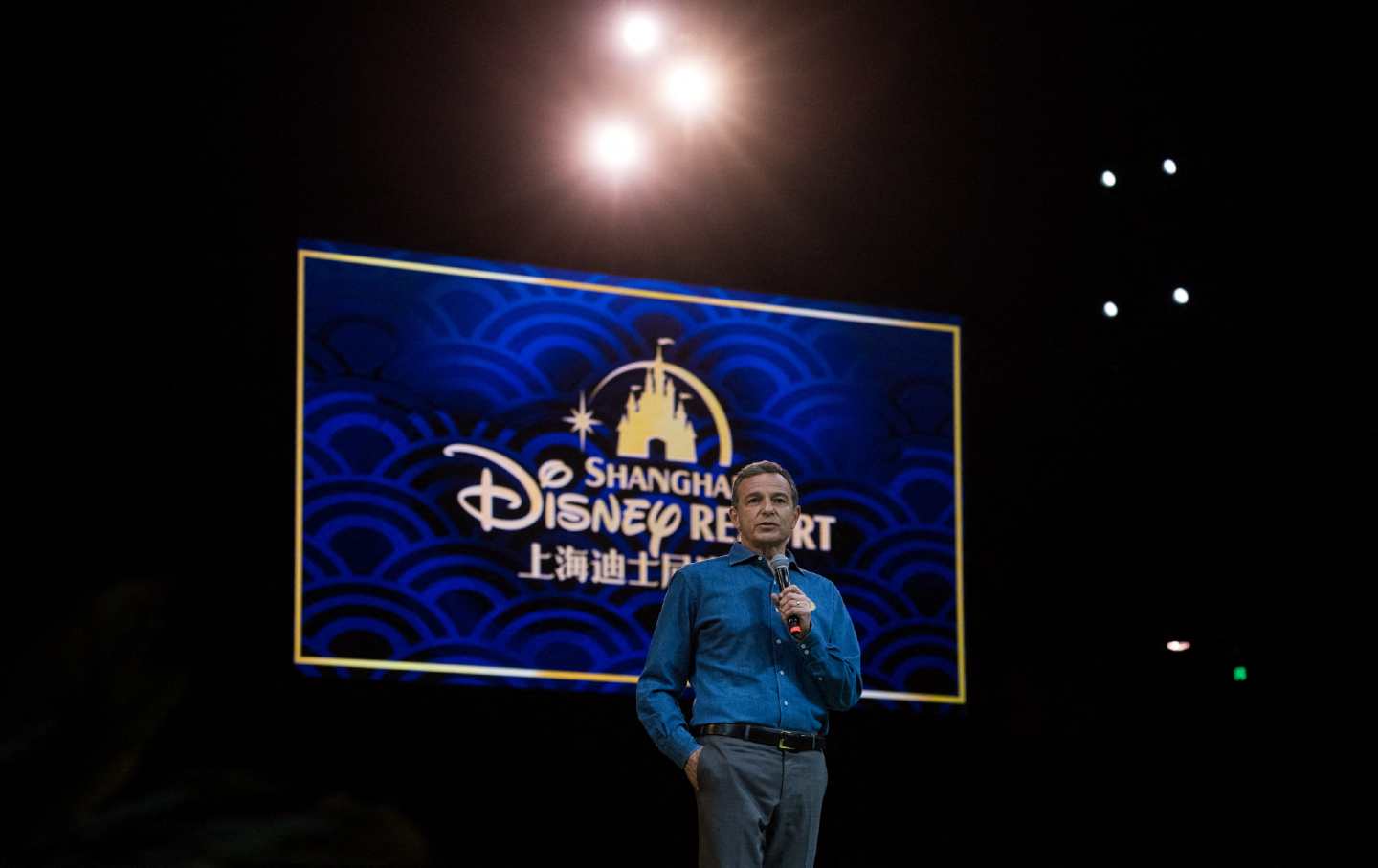
This week, as the world watches the cryptocurrency market with both fascination and skepticism, a relatively obscure company called INX Digital Company is about to finalize a multimillion-dollar merger with Republic, a fintech firm. This deal, valued at up to $60 million, poses a significant question: what undisclosed financial interests does Secretary of Defense Pete Hegseth hold in this transaction?
On October 8, INX, a Canadian public cryptocurrency exchange, will complete its acquisition by Republic, a move that promises substantial financial windfalls for its token holders. A cash reserve of $34 million is set to be liquidated, and those holding INX tokens—which currently trade at a mere 35 cents—are primed for a proration of these funds. Among the token holders potentially waiting for a substantial cash payout is Hegseth himself.
The connection between Hegseth and INX dates back to 2018, when he was appointed to the advisory board of the company. An SEC filing from April 2018 reveals that Hegseth was granted 100,000 INX tokens. The following year, another SEC filing noted that he had the option to purchase an additional 100,000 tokens at a mere penny each. Current blockchain data indicates that some of those original tokens are still held in crypto wallets, now valued at approximately $35,000—exclusive of the anticipated dividend from the cash reserve.
In Hegseth’s financial disclosure report filed in December 2024, he lists an impressive array of financial assets, including stocks, book royalties, and a hefty salary from Fox News. While he does mention a Coinbase wallet containing up to $50,000 in Bitcoin, he neglects to disclose any ownership of INX tokens or any other cryptocurrencies. This raises serious questions about transparency and accountability, especially for someone in a prominent government position. A Pentagon spokesperson, Sean Parnell, asserts that Hegseth divested from all cryptocurrencies prior to taking office, implying he has liquidated his holdings. However, without further transparency, this statement is difficult to verify.
Hegseth has been an outspoken advocate for cryptocurrency, often extolling its virtues on Fox News. His self-identification as a “crypto evangelist” raises concerns about the intertwining of his public advocacy with personal financial interests. As he promotes cryptocurrency as the “future,” one must ask: to what extent are his financial dealings influencing his rhetoric?
Interestingly, while Hegseth’s association with INX has been public knowledge for years, it has recently become obscured. At one point, he was prominently listed on the INX website as part of their advisory board, but this acknowledgment mysteriously disappeared by late 2022. This erasure from public records is troubling and speaks to a larger issue of accountability in government and corporate relations.
Moreover, scrutiny of INX reveals its origins in Gibraltar, a tax haven notorious for facilitating questionable financial practices in the crypto world. Founded by Israeli entrepreneur Shy Datika, whose prior ventures included a binary options trading firm accused of fraud, INX is emblematic of the murky ethical waters that often surround cryptocurrency. Datika’s previous association with a notorious scam artist, Moshe Hogeg, further complicates the narrative surrounding INX. Hogeg is currently facing charges in connection with a $290 million crypto scam—yet another harsh reminder of the rampant fraud that plagues the cryptocurrency landscape.
Hegseth’s unclear relationship with INX raises fundamental questions about the ethical implications of public officials engaging in financial speculation within such a volatile and often unregulated market. If Hegseth did divest from his INX holdings, as the Pentagon claims, the long-term implications of his advisory role merit investigation. It is equally imperative that he disclose the full extent of his financial interests to prevent conflicts of interest that could undermine public trust.
In conclusion, the intertwining of Hegseth’s public persona as a crypto advocate with potential financial gain from INX’s merger brings to light the necessity for greater transparency and accountability among public officials. The implications of such financial entanglements not only threaten the integrity of our political system but also highlight the pervasive inequities inherent in the crypto market, where the wealthy and well-connected can manipulate policies for their benefit. As we navigate this brave new financial world, we must demand ethical standards that safeguard against corruption and ensure that all citizens, not just the privileged few, have equitable access to emerging technologies and opportunities.
This article highlights the importance of Hegseth’s Crypto Conflicts.


